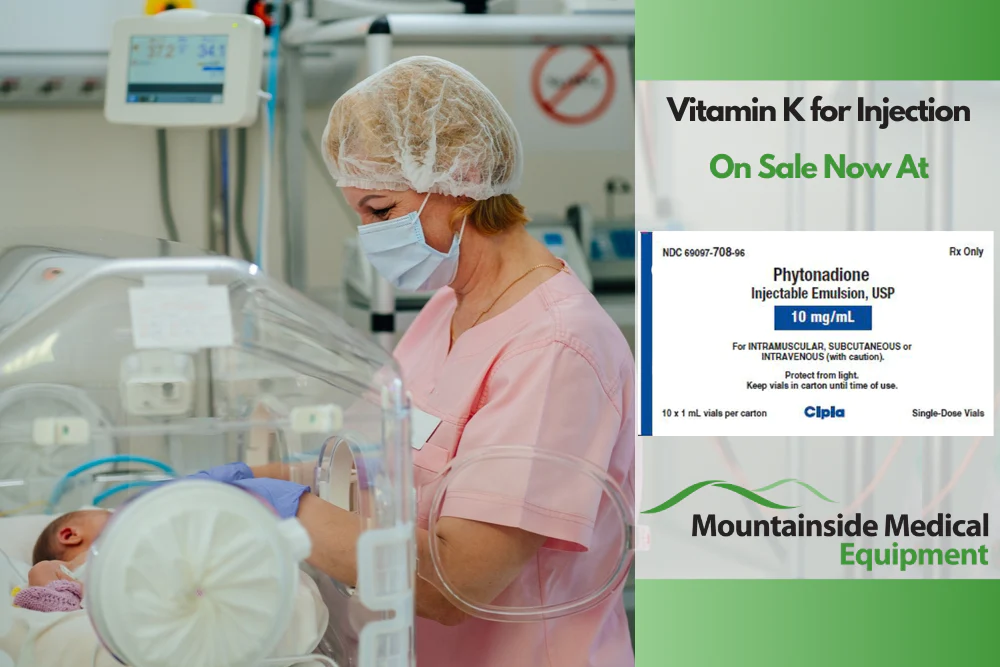on US orders over $100
on all US orders over $100

Many first-time parents might not be aware that doctors recommend that all newborns get a dose of vitamin K at birth. It's not often discussed during prenatal checkups, even though this has been a recommended practice by the American Academy of Pediatrics since 1961.

Vitamin K helps to make proteins necessary for blood clotting and building bones. These include, prothrombin, a protein directly involved with blood clotting, and osteocalcin, a protein that helps build bone tissue and requires vitamin K to work.
Babies have very little vitamin K in their bodies at birth. Newborns who don't get vitamin K are at risk for vitamin K deficient bleeding (VKDB), a potentially fatal bleeding disorder. VKDB can cause bruising or bleeding throughout the body, including organs; almost half of VKDB cases involve bleeding in the brain, which leads to brain damage.
It's not just newborns who are at risk. Babies within their first 6 months of life are at risk for VKDB, as they don't have much naturally-produced vitamin K. It's also not a nutrient that nursing moms can pass much of through breast milk. Most of our vitamin K depends on the foods we eat and the healthy bacteria in our intestines, which take time to develop for infants.

Serious, life-threatening VKDB bleeding can start with little or no warning, but babies who do not get a vitamin K shot at birth might show these signs:
Yes, it's important that newborns get a vitamin K shot, as are at risk for serious bleeding without it.
It's crucial that hospitals, doctor's offices, and other medical services have access to the best in medical supplies. That's why Mountainside Medical Equipment offers the best supplies for doctors, nurses, and other medical professionals at great prices. Visit us today!
Leave a comment